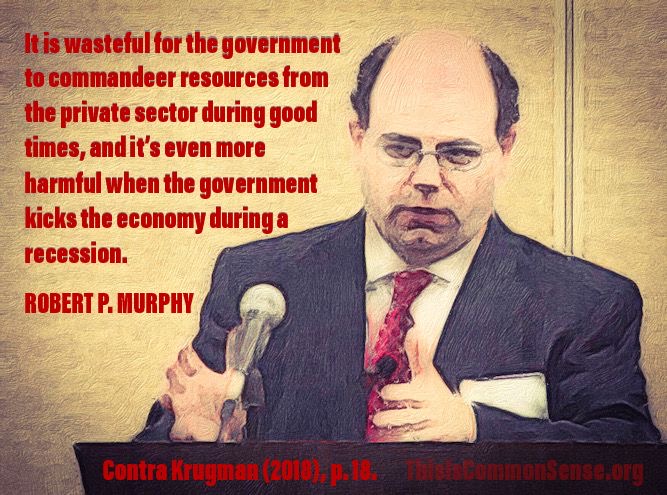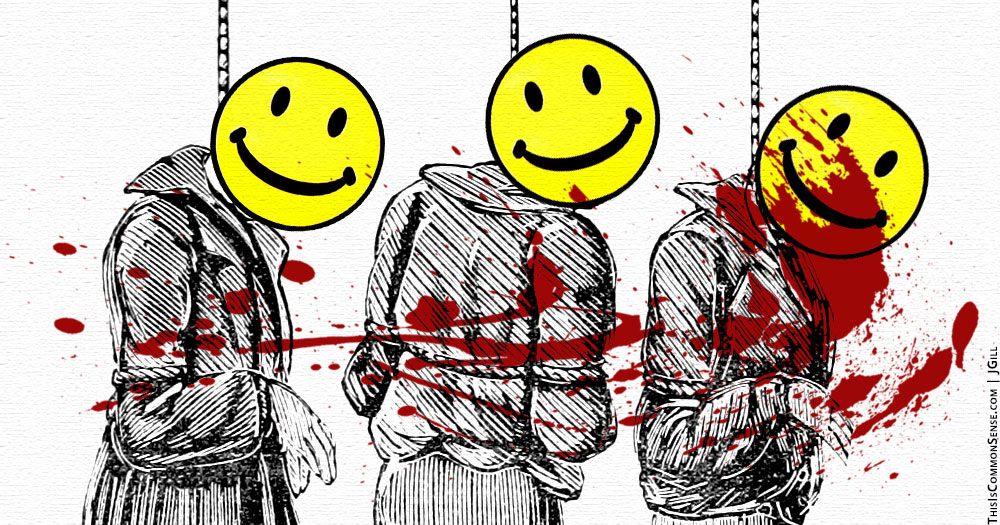Twelve years ago, Rowan Atkinson of “Mr. Bean” fame took a stand against a law that criminalizes “insulting” speech. He was participating in a campaign to reform Section 5 of the Public Order Act of 1986.
In his remarks launching the campaign, recently resurrected on Twitter, Atkinson said that his concern was less for himself as a person with a high public profile than “for those more vulnerable because of their lower profile. Like the man arrested in Oxford for calling a police horse gay. Or the teenager arrested for calling the Church of Scientology a cult. Or the café owner arrested for displaying passages from the Bible on a TV screen.”
And what about the thousands of cases that “weren’t quite ludicrous enough to attract media attention? Even for those actions that were withdrawn, people were arrested, questioned, taken to court and then released.… That is censoriousness of the most intimidating kind.…”
And he said more than this. Luckily it’s recorded.
This effectively delivered argument, forceful and often funny, by a well-known personality, had its effect. The Reform Section 5 campaign succeeded. The law was amended.
But the victory, though important, was narrow. And, since that win, sweeping assaults on speech that offends somebody or other continue in Britain, the United States, and other Western countries where people should know better than to emulate the censorship of authoritarian governments to which we aspire to provide an alternative. We’re going to need a lot more funny speeches.
Because this threat to freedom is so serious.
This is Common Sense. I’m Paul Jacob.
Illustration created with PicFinder and Firefly
See all recent commentary
(simplified and organized)
See recent popular posts







